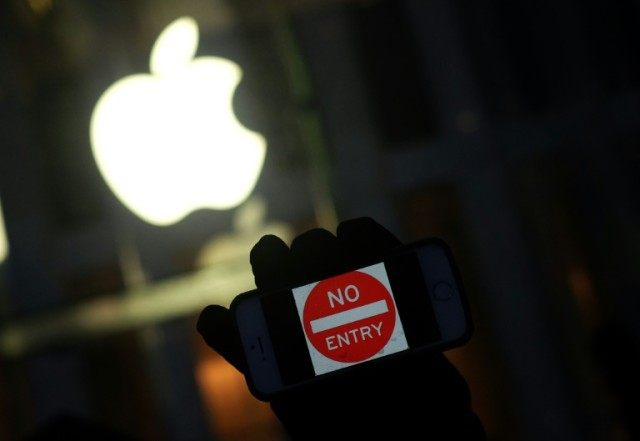After Syed Rizwan Farook killed 14 people in San Bernardino, California in December, the FBI publicly pursued a court order requesting Apple’s compliance in unlocking Farook’s iPhone. Since then, the FBI has cracked the device without the company’s help, forcing Apple to worry that millions of their devices are subject to vulnerabilities.
The extensive battle between the California-based tech giant and the FBI about allowing backdoor access to smartphones stirred discussions about security and privacy, but it ended quietly when the FBI announced that they were able to access the phone without assistance from Apple.
The agency has shown no interest in sharing with Apple how they were able to get past the phone’s security features — leaving Apple scrambling to figure out if their phones are subject to vulnerabilities that could compromise millions of devices.
“One way or another, Apple needs to figure out the details,” said Justin Olsson, an attorney for security firm AVG Technologies. “The responsible thing for the government to do is privately disclose the vulnerability to Apple so they can continue hardening security on their devices.”
Despite the suggestion from industry insiders, the FBI is yet to offer Apple any information regarding the vulnerabilities facing their devices. This may be indicative of the government’s regular tendency to work to hack consumer devices without privately disclosing the vulnerabilities to the tech industry so that changes could be made to protect users.
One of the reasons that Apple executives fought against the court order was because they feared that a crack to their devices could end up in the wrong hands. Now that the FBI has successfully gained access, other hackers are likely to try to replicate the hack. Although the access to the San Bernardino shooter’s phone may yield useful information about terrorist activity, the increasing awareness of smartphone vulnerabilities poses a continued threat to consumer security.
Tom Ciccotta writes about Free Speech and Intellectual Diversity for Breitbart. You can follow him on Twitter @tciccotta or on Facebook.

COMMENTS
Please let us know if you're having issues with commenting.